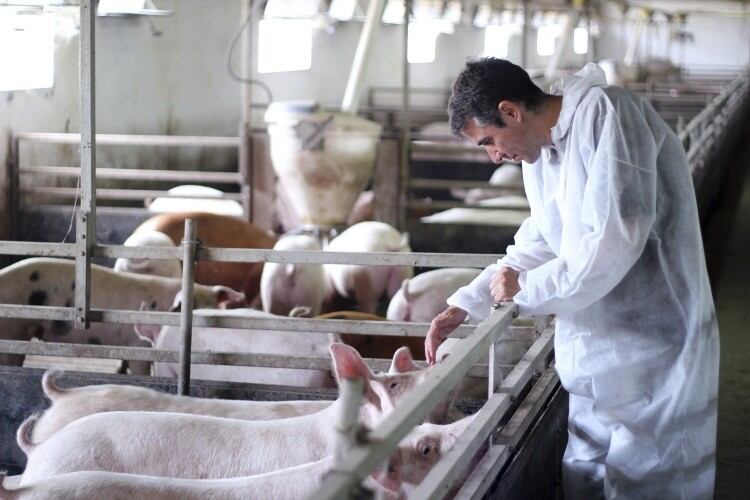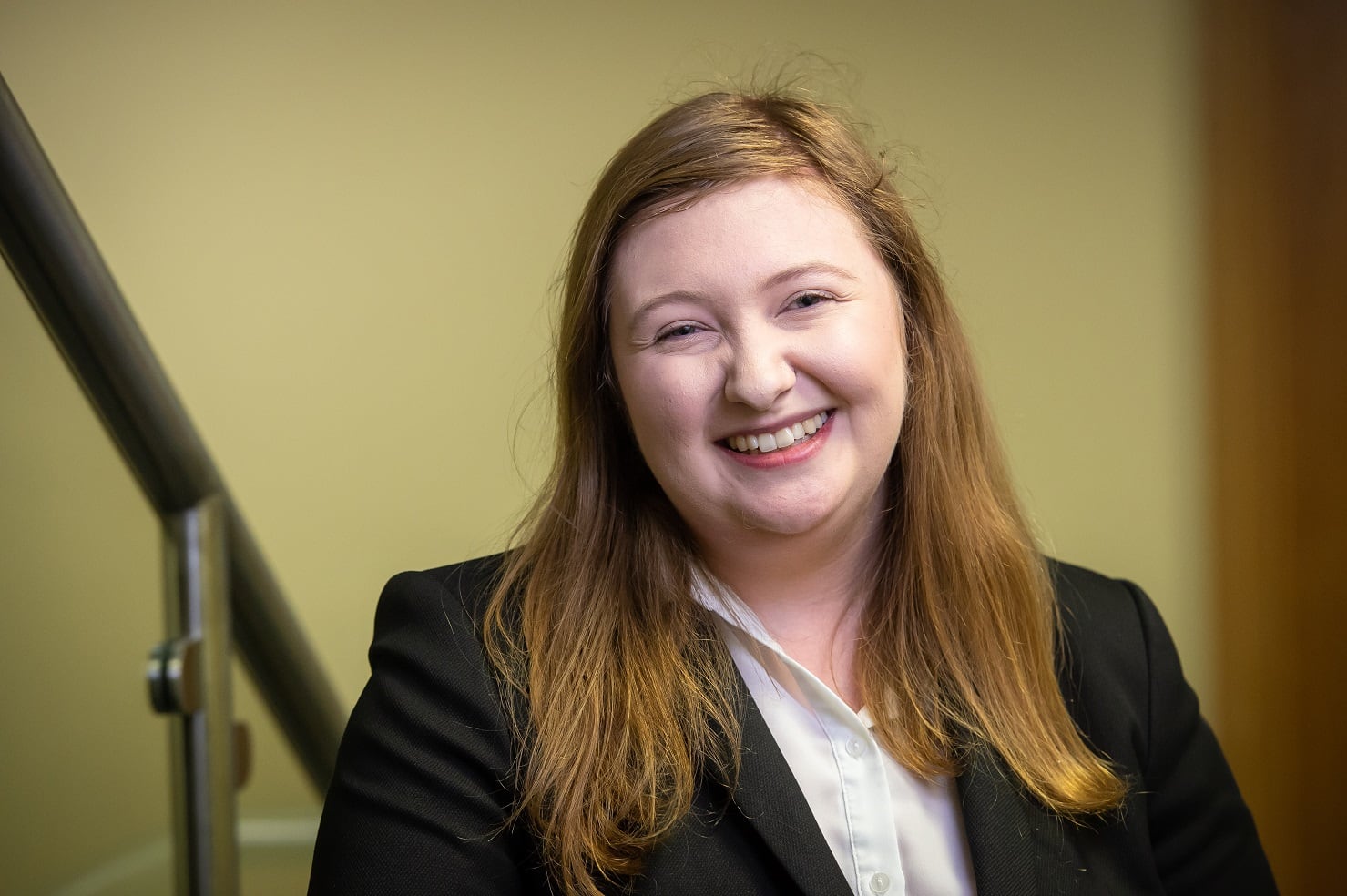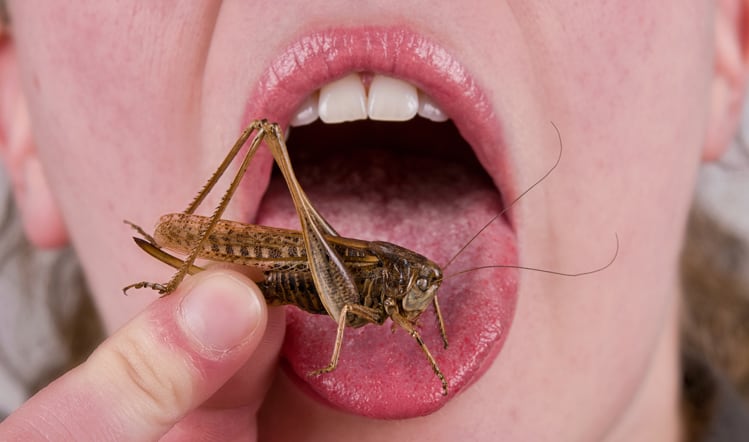But rather than drawing a line under this dispute, the Supreme Court decision could give rise to further litigation.
In its judgment in the case of R (on the Application of Association of Independent Meat Suppliers and Anor) -v- Food Standards Agency ('the Cleveland Case') handed down, on 8 December 2021, the Supreme Court found there must be a right of appeal against the decision of an official veterinarian (OV) to declare meat unfit at post-mortem inspection.
In the case of Cleveland, the FSA provided no such information to the operator and argued both pre-issue and at hearings in the High Court, Court of Appeal and Supreme Court that no such right of appeal existed.
Judicial review
The Supreme Court has found that the Food Standards Agency's (FSA’s) failure to provide a right of appeal to the operator against the decision of the OV that the carcass was unfit for human consumption was unlawful. Such appeal, we now know, is via a judicial review.
To commence a claim for judicial review, one of the public law grounds would need to be established. In the Cleveland Case such grounds are obvious. The OV did not make a diagnosis at post-mortem inspection; he did not inspect the carcass and its offal – a requirement under Regulation 854/2004 - and his finding that the meat was unfit was therefore unlawful.
Another important issue arises from Cleveland: the only power available to detain meat, or any other food that does not require further examination, is Section 9 of the Food Safety Act 1990, which the Supreme Court judgment has found does not provide operators with an effective remedy.
No power to seize and detain food
Moreover, the Court has determined that the Magistrates’ Court does not have the power to overturn any decision in respect of the OV’s decision on fitness. As things stand, there is no power for the FSA, or a local authority, to seize and detain any food which falls into this category. The potential adverse impact on public health is obvious. This is perhaps a consequence of the Cleveland Case the FSA did not foresee.
During the legal hearings in the Cleveland case, as well as arguing that there was no right of appeal against OV decisions to declare meat to be unfit, the FSA argued OVs were especially qualified to make decisions on the fitness of meat because of the detailed qualification requirements laid down in Regulation 854/2004. However, the FSA did not disclose that it did not comply with those regulations or, indeed, the current regulations.
The agency did not, and does not, require OVs to pass a test encompassing all of the training requirements set out in regulations, nor complete the required 200 hours of practical training before working independently. New OVs, almost all of whom are foreign graduates not fluent in English, only have to attend a basic training course lasting two to three weeks, followed by a basic test that does not provide an academic qualification, before they commence working as the only OV at a slaughterhouse.
AIMS 'continues to engage with FSA'
It remains to be seen whether a judicial review may yet arise as a result of the Cleveland Case – the deadline for such a case would be 8 March 2022 - but rest assured that AIMS, on behalf of the meat industry, continues to engage with the FSA on these important matters.
It is a shame that the 'second opinion' which was promised by Jason Feeney at an AIMS conference several years ago, and is now a legal requirement, has still not made its way into the FSA Manual for Official Controls. A second opinion from a competent, independent expert, would go a long way to reassuring industry that the mistakes made by the OV at Cleveland, will not be repeated.
Hannah Leese is partner at Roythornes Solicitors




